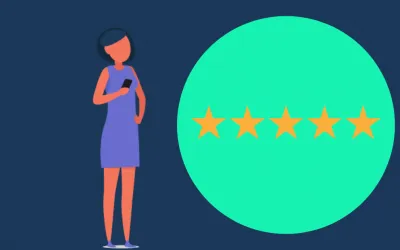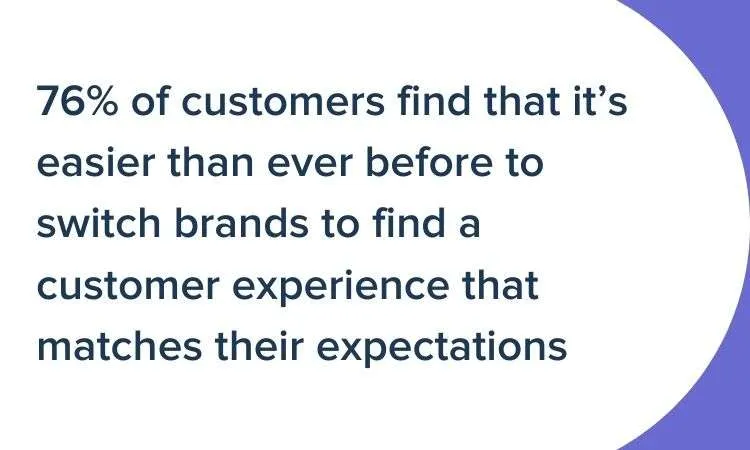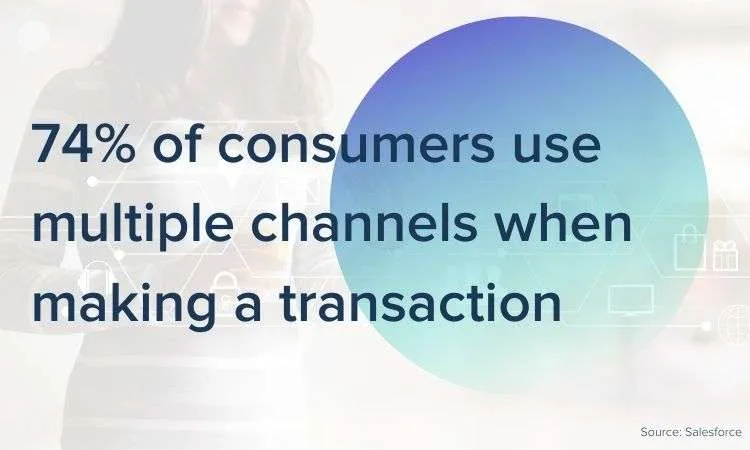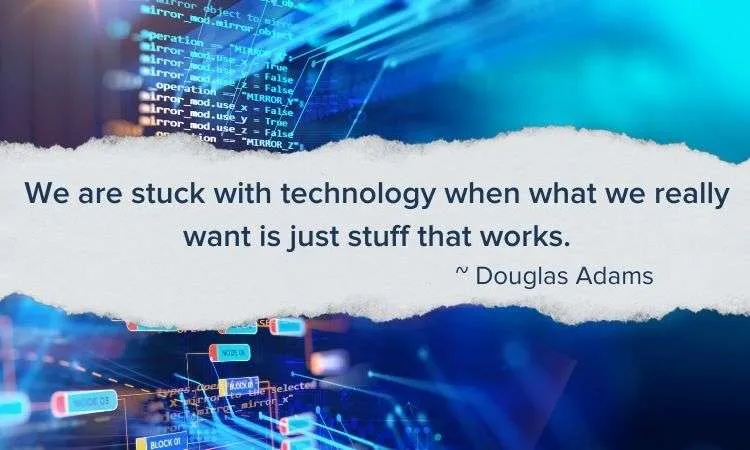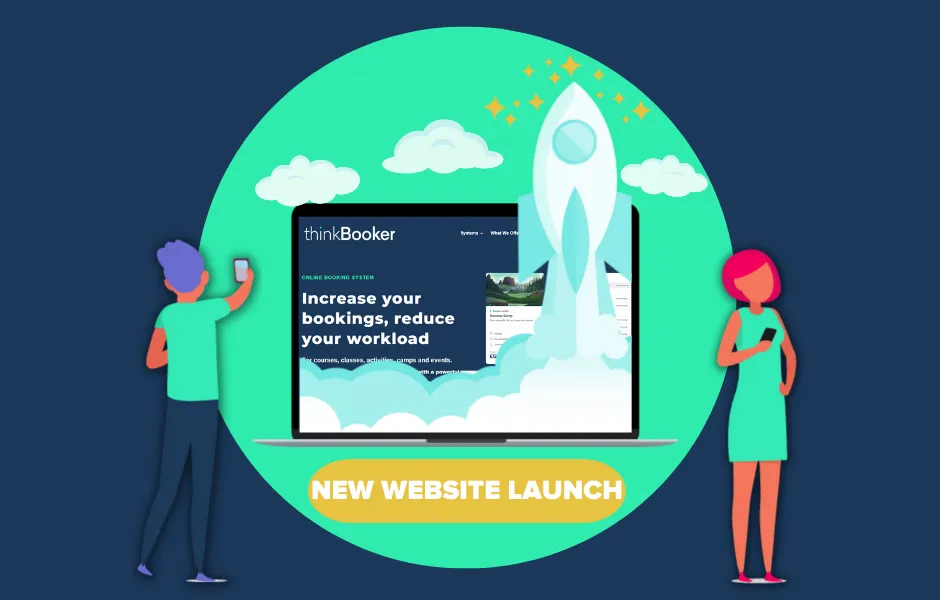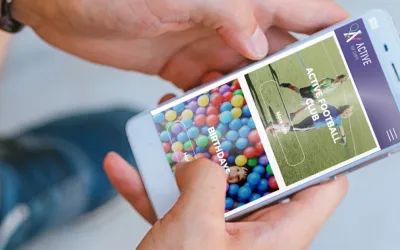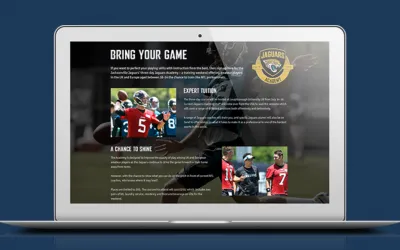Technological advancement has risen the bar when it comes to customer expectation.
With digital tools that allow access to products, services and information at any time of day with just the swish of a thumb, so companies must continue innovating and improving the customer experience to boost sales, bolster their customer retention rate, and remain competitive.
In this article, we look at 5 ways that technology has led to significant changes in customer expectations.
Customers expect it now
Digital technology has transformed consumer habits.
Mobiles, apps, machine learning, automation, and more allow customers to get what they want almost immediately. It’s empowered customers to get what they want, when they want, and how they want.
It’s all about instant gratification.
We live in an age where there’s an expectation of round the clock accessibility. No longer beholden to traditional opening hours, consumers will shop at all hours; expecting be able to buy goods, access information, make bookings and go about their business 24 hours a day, 7 days a week, 365 days a year.
There’s an expectation that service is fast, simple and hassle-free
Whether it’s finding information, extracting data, contacting a service desk, navigating an ecommerce platform or using an online booking system, simplicity and speedy resolutions are key.
Technology has reduced our patience thresholds. It’s not just enough to have round the clock accessibility; there’s also an expectation that we can get things done in a matter of minutes.
The buying journey that’s long and winding, opening new tabs on your phone with every push of the button, is likely to get short shrift. Or the booking process that requires a lengthy log-in or registration, a complicated search for the event you want or an endless ream of questions to fill in before you can make a booking.
Abandonments are going to be high.
Customers expect an online service from the businesses they interact with. And those services need to be simple, easy to navigate on all devices, and quick to get to the desired outcomes.
Because they will soon get fed up and move on if they don’t get it.
Customers expect a seamless omnichannel experience
The modern customer is not tied to a single channel.
They browse in stores, buy items and share views via apps, and turn to social media for support from customer service teams.
They expect these channels to work well together so that they receive a personalised, seamless experience. They expect products to be available online for home delivery, so that they can avoid visiting a store.
Or, have the ability to order online and pick up their item from a local physical store as soon as possible. They want unrestricted freedom of choice, not only of what they can buy but how they buy it.
Customers expect companies to be active on social media platforms
Many customers are already active on social media, so that’s where companies need to be.
They must be proactive in reaching out to customers, building relationships with them, and educating them about their products and services. Customers expect to see a constant stream of relevant content that not only showcases a company’s brand, but also their expertise and passion for unparalleled customer service.
And it’s not just social media that makes up the customer service online ecosystem. Technology has led to the development of new channels which customers use to seek support, such as forums, communities, and review sites. As our handheld devices get smarter so do they create more avenues for accessing information and knowledge.
It’s the successful organisations who ensure that their voice is heard amongst the cacophony and that their expertise shines through.
We just want stuff that works
We all implicitly know the transformative effect digital technology has had on the world. And it’s impact in the online customer journey cannot be overstated.
Of course, customers have always expected things like good service, simple processes and fast turnarounds. But where digital tech has changed things is the explosion of information and choice now readily available without having to leave your living room.
Modern consumers are more commercially savvy than ever and constantly connected to the world around them. Personalised, simple and engaging online experiences are expected because we know it can be delivered with the right platforms. And, when our experience is sub-par, we instinctively know it, and usually rail against it – voting with our feet (or, more accurately, our thumbs).
Expectations of a positive, hassle-free customer experience are high, because our expectations of what technology can provide are high. The opportunities that technology offers mean that the modern consumer often rates companies on their digital customer experience first, so it is imperative to get it right.
Ultimately, we just want things that work and make our lives a little bit easier.
At thinkBooker, we understand the importance of improving the digital customer experience. We specialise in online booking systems for training courses, classes, activities and events – optimised for efficiency, growth and ongoing client satisfaction.
Browse the site to learn more about course booking systems, sports booking systems, event booking systems and more, or get in touch directly to find out how we can help you.

